THE DAWN OF CINEMA:
The World's first film was screened in December 1895 in Paris, France by the Lumiere Brothers and from then on, an epic journey started. It's not an overstatement to say that movies has shaped our society right from its Dawn. Movies inspires us, motivates us, introduces us to some kind of futuristic technologies, even educates us, entertains us and sometimes demotivates us.
The World is full of Great Movies and not so great movies, but these movies small or big managed to shape our thoughts. They engage their audiences at a varied level, such as in a visual and in an emotional way like Avengers Endgame. There are some movies that engage us more at a deeper level like Christopher Nolan movies like The Dark Knight and Interstellar. But, what makes a Good Story Great? Is it just a plot or there is something behind it?
INSPIRATION STRIKES:
We are caught in that loop, leading our normal life, waiting for that Inspiration to Strike. That Inspiration that can change our story and also the story that we write. The creative juices of our Sub-Conscious mind are put into work, where they work tirelessly to bring out an Inspiration and they do.
All of a sudden, we are gifted with a plot, so great that we can't even sleep. Our mind is rushed with that Dopamine as a result of doing something great, we are filled with that Adrenaline, so that our mind can't stop until we complete that story arc right now. Our mind races, to finish that story. We build a series of sequences, that builds into a series of scenes which in turn builds into a story.
Things are building up so fast, that instead of building Characters for a Story, we build and adapt them for the interesting and mind blowing scenes that we make.
But, stop.
A great plot is just a cog in the great machinery of a complete story. Just having a great plot is not enough, the trick actually lies in how gracefully we execute that great plot. The success of a given story largely depends upon its elegant execution more than it's plot. Relying upon a plot is like just having a paddy in a burger. We need the veggies, cheese and those buns to have a delightful experience.
BACKGROUND RESEARCH:
As soon as the Inspiration for the plot strikes, we know one thing or the first thing we figure out is this, where the Story takes place. The setting of your story is very important and often influences how the story moves, your Characters, what the story is based on, the consequences, the scenes and at cinematic level, the cost.
So, where the Story happens? Where does the Story takes Place?
The setting of a story can be a Fictional location such as Gotham in Batman or a Real Location such as New York in Spiderman. But, whatever the location, the one important thing to do about your selected locations is this, research about your Locations, no matter whether it is Fictional or Real.
In case of Real Locations, you got to go to that place or research extensively about that place to get a solid idea of what that place is. Research about the people there, the average standard of living, the routes, the shops, the famous landmarks, the political climate, the geography, the architecture of the Buildings, the occupations there etc., Know your location inside out. It is these research, that inspires us of the scenes which in turn makes a Great Story. This also gives a sense of authenticity to the audiences, which allows them to connect more with the Story.
At the end of the Day, the connection between your Story and the Audiences is important. The more they connect, the Greater the Story becomes.
But, what if your location is purely fictional and comes out as a product of your Creative Juices. That's where World Building comes in.
You have complete power over your Story Setting if the setting is purely fictional. You can decide whether the Setting is done in Earth or in any other planets, the people there or the aliens there, the characters, the laws of the World including tweaking some Laws of Physics, it can be a Magical World, an Underwater World, an Alien World etc.,
One of the most important aspect to identify from a plot is to identify what actually drives the Plot. Put in your time to figure out the major driving force of your plot, because that is going to be the thing your plot basically revolves around.
It can be your Characters, a Technology or a Disease, an Apocalypse or revolves around a major theme such as Love, Humanity etc., Once figured out, research about those essential things. This driving force is what makes your story interesting and hence it is very important to know what it is better than anyone else. Research about it, think about it, know about the damn thing inside out. A good Story Maker should know what happens in his story. If he isn't confident in it, then the audience is not going to trust you in the process.
BUILD YOUR CHARACTERS:
The major mistake that today film makers do is that, instead of making characters drive plots, they make plots drive their Characters. With this, I mean that, they basically figure out interesting scenes and sequences once they find out the basic plot and they build their characters revolving around those scenes and sequences. What a good Writer does is, they decide their characters to dictate the scenes and sequences and this what results in a Good Story Plot, it's execution and a Great Character Arc.
So, when you decide on your plot, decide who your Characters are. They can be anybody, can do anything, can be anywhere.
Build a complete database for your Characters and this is an essential step for your Main Characters, but don't just stop with the Main Protagonist and the Antagonist. Give complete details to that Side Kick friend, to that love interest, to that techie who assists your Hero. When you show your audiences that the characters that assist the protagonist has their own life and they have their own life, this takes your story to a new whole level.
This is just replicating real life, in your story. In real life, everybody has a life for themselves, everybody is a hero in their life and you have to cope up with those complexities of real life in your movies, giving it a feeling. This step also ensures that, your story provides dynamism, good character arcs for your main characters, good inspiration for your story scenes and after all a bunch of Great Characters.
Audiences see your films and read your stories, not because they like the plot, but because they like the characters so much, that they wanted to see what happens to them, how does they do it, how does they actually escape from the villains schemes. They won't be interested in your story, if they don't feel connected to your Characters.
To make Great Characters, you have to know who your Characters are. Build a database for your main characters. It is not necessary to build a character arc to that shopkeeper, but it is essential to build one for that Hero's friend. You can identify the main characters in your story. Try to answer these questions for them,
- Full Name
- Role
- Father Name
- Mother Name
- Siblings
- Date Of Birth
- Age
- Origin
- Occupation
- Spouse (if any)
- Background Story
- Positives
- Negatives
- Character Arc
This will provide Contrasting and Complementing Characters to your story, that helps in highlighting the traits of a particular character and adds depth to the Characters. For example, Joker and Batman are contrasting characters. Joker is the exact opposite of Batman in every aspect and this is what makes their conflict so loving and interesting. Where as in Sherlock Holmes, Dr. Watson complements the traits of Sherlock Holmes. Dr. Watson is not an acute observer and can't deduce just like Sherlock Holmes or solves mysteries like the great detective does. This shortcomings of Dr. Watson, helps in greatly highlighting these traits in Sherlock Holmes making him the Greatest Detective of all time.
It is crucial that the writer is able to see through the eyes of their characters and not only just through their own eyes. The writer must be able to comprehend what the character will think in this situation, how he or she will react here. That is how sequences are built, that results in great scenes which results in a great story. This give the characters an arc and helps in engaging the audiences.
Show how the characters change after they have undergone the conflict. This is what a Character Arc is all about. There is a character before conflict, then comes the tragedy and moves throughs it. Then comes out of the conflict and goes to his new world with his changed understanding of the World. Give your Characters struggles, both Internal and External. Internal Conflict is a very powerful weapon and shows how the character struggles with his moral compass, in times of an external conflict by the Antagonist. Showing internal conflicts, will add more depth to your characters and in turn will be likeable by your audiences. Great characters are built by undergoing great internal conflicts. Break your characters completely and build them up.
But, there are some exceptions to this Character Arc and yet they manage to be a great success. For example, Sherlock Holmes shows little to no character Arc and the plot mostly focus upon the mystery and how Holmes solves it. This is a common trend in many Crime Thriller movies and stories such as Agatha Christie's Hercule Poirot and Daniel Craig's Knives Out movie.
DECIDE ON YOUR STORY'S THEME:
Sometimes a plot idea can come without an underlying theme and a theme gets assigned to it. Figure out what's your story is all about. Your story can be a Murder Mystery or a Sci - Fi, but there must be an underlying theme that connects your story. A great story always have an underlying theme that it is based on.
For example, Interstellar is based on Love. What! You don't believe it. You can argue that it is a Sci - Fi film, which is a category, but what is the underlying theme that the story is based on? The film has wrapped our minds, took us to the darkest place in the Universe, showed us Science but also made us feel connected to the characters and added depth to the film, not only because of the character's arc, but also because of the story's theme.
The film constantly explores the contrasting nature of Science and Emotions right from the start. Cooper loves his daughter and a strong advocate of science, who places value in facts more than he places value in his intuition. The juncture arrives, where he decides to leave his daughter to save humanity which he regrets later. Dr. Brand, was designed as the complementing character of Cooper who places her values more in Intuition than in Science.
"Love is the one thing we're capable of perceiving that transcends dimensions of time and space."
Nolan beautifully shows the Character arc of Cooper where they first visit a planet, loose one of their teammates, comes back loosing 27 years in Earth forever losing his children's childhood. The emotions of Cooper are showed beautifully in a Video Montage by Christopher Nolan. Fuel left to visit only one planet, the remaining three crew members, put on a vote, and Cooper based on facts decides to visit Dr. Mann's Planet. Then, ambushed by Dr. Mann, realizes his mistake and sacrifices himself into the Black Hole saving Dr. Brand.
The Black Hole turns out to be a Tesseract built by future humans for Cooper to convey the data from the Black Hole to his daughter, who then saves Humanity. The Tesseract has been shown with time as a physical dimension of one little girl's bedroom. At last, Cooper is reunited with his daughter at her death bed (consider the effects of Time Dilation) and learns the importance of Love as well.
On the other hand, The Dark Knight is based on Chaos, where the film's main Antagonist The Joker constantly aims to make chaos in Gotham pushing Batman to his limits. The film explores the consequences once the order in the World breaks down.
THE ART:
Story Telling is an art, and we will explore the essence of Story Telling in one other Blog. Understand that a Great Story is not just based on Great Plot although it is a main ingredient. The Characters are what that drives the Story. The more passionate we are on doing our job, the more satisfying our product becomes.
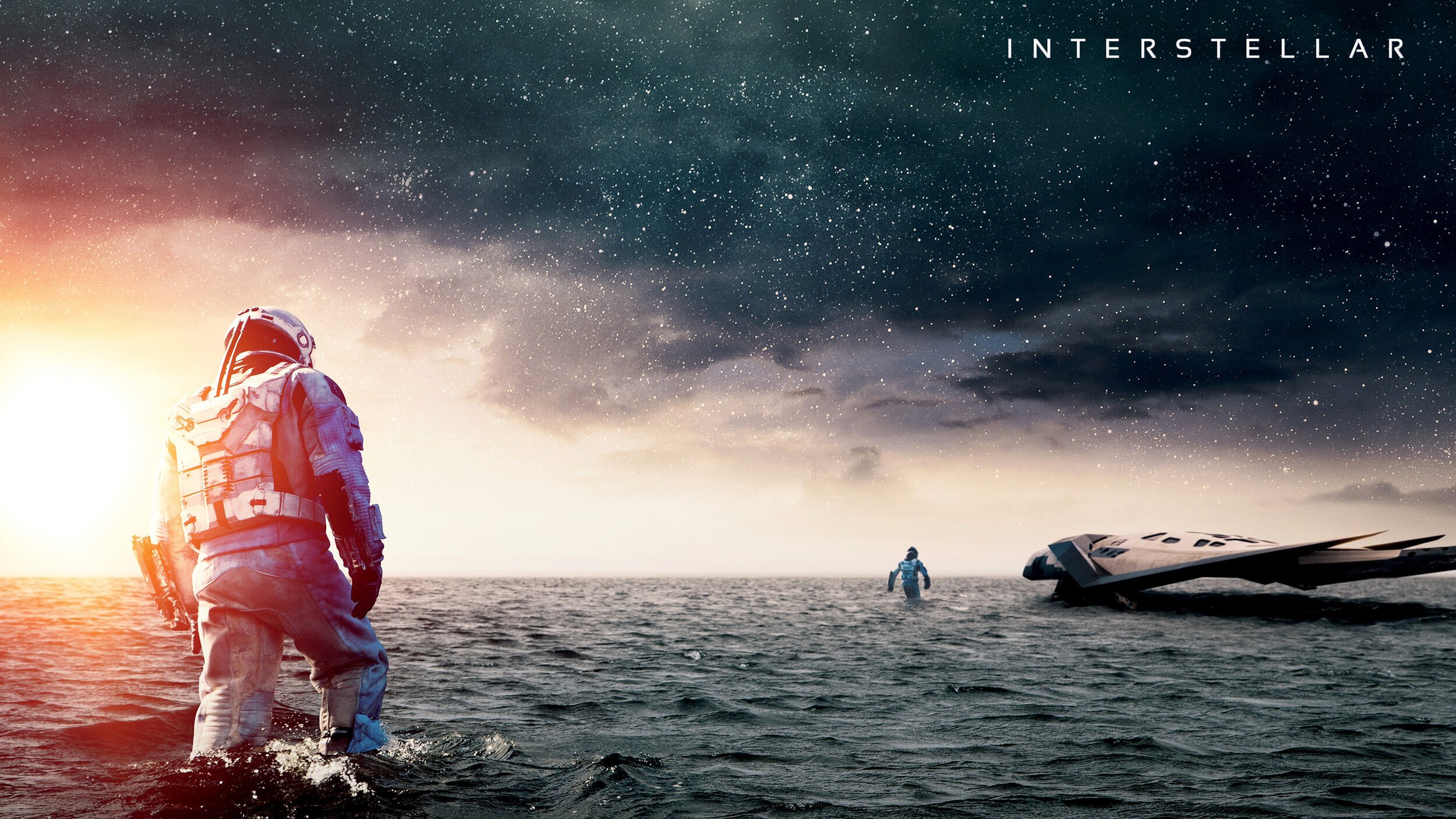

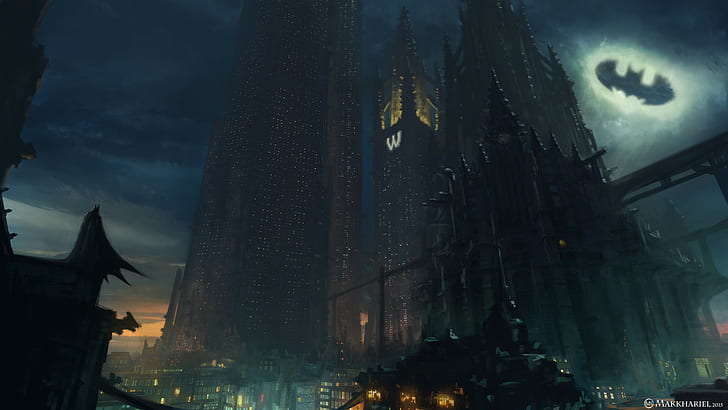
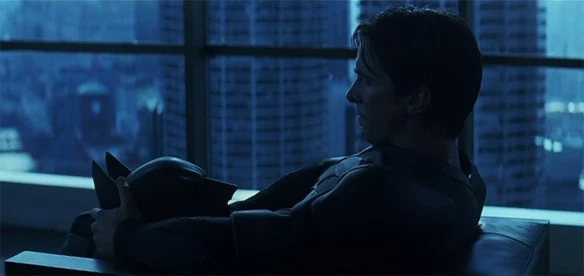
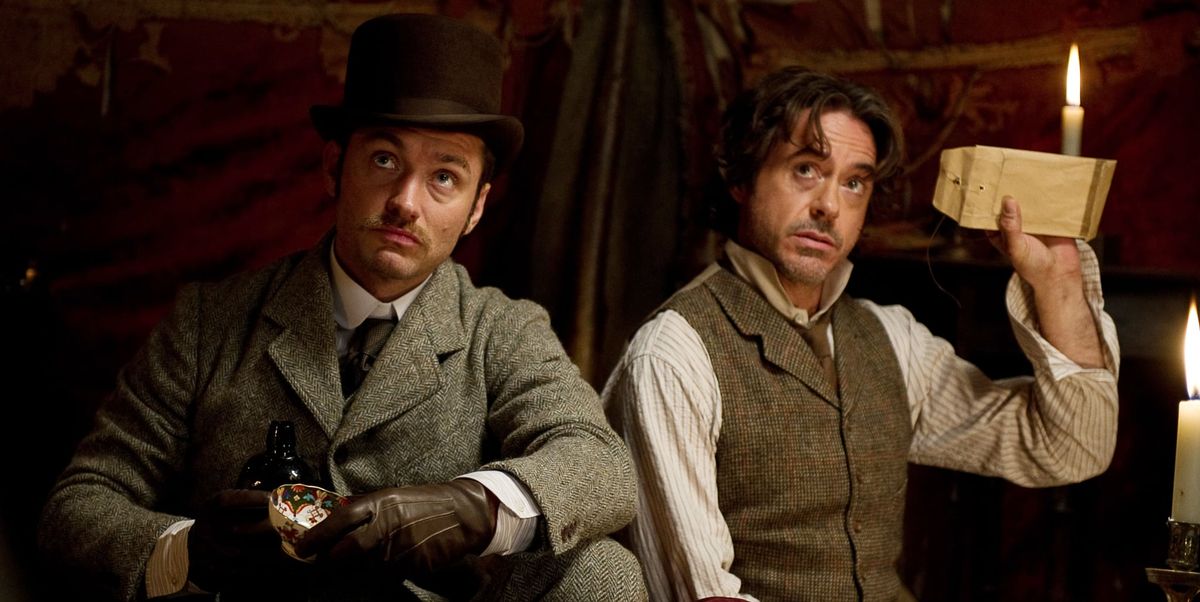

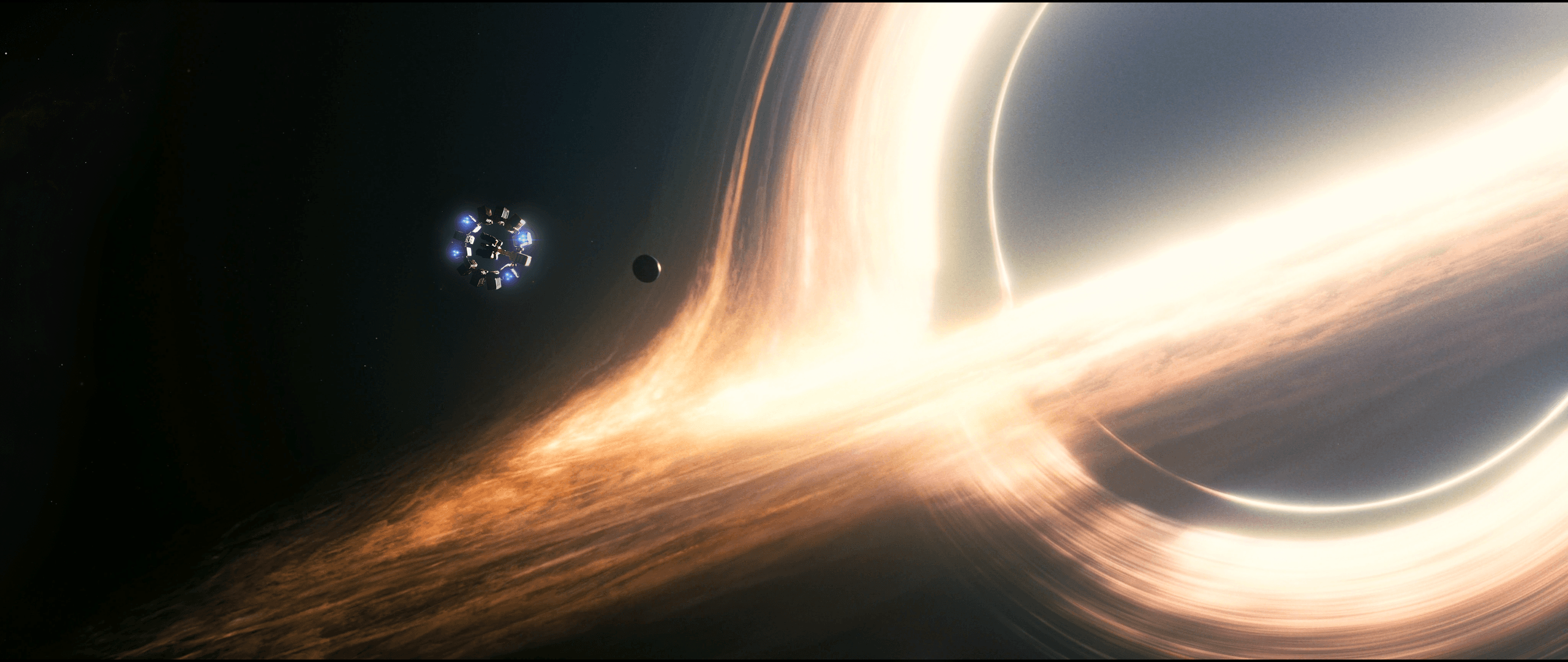

Guys, what you all think about The Art of Story Telling?
ReplyDelete